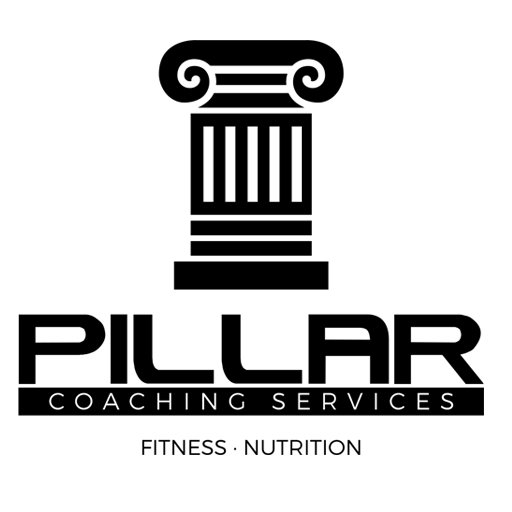“Hang in there. It gets better.” But what if it could get even better?
Ever comforted someone recovering from an injury with those words? Encouraging perseverance helps, but your support can actually do much more—activating your body's placebo response, magnifying the benefits of healing and recovery.
What the Science Says
The placebo effect is powerful: believing a treatment works can trigger genuine improvements—even if the treatment itself is inactive. Conversely, the nocebo effect occurs when negative expectations cause adverse outcomes.
Dr. Alia Crum of Stanford University studies these intriguing phenomena. During the COVID-19 pandemic, she collaborated with researchers to investigate how beliefs about vaccines influenced immune responses.
In this groundbreaking study, 534 adults had their mindsets analyzed before and after receiving COVID-19 vaccines. Researchers tracked three main beliefs:
Efficacy mindset: Belief the vaccine would protect against severe COVID-19.
Body response mindset: Belief the vaccine would strengthen the body’s defenses.
Side effects mindset: Belief that side effects indicate the vaccine is working.
Participants who viewed side effects positively—believing these discomforts signified vaccine effectiveness—developed significantly higher antibody levels. Positive mindsets regarding vaccine efficacy and bodily response were also linked to reduced anxiety, stress, sadness, and increased happiness post-vaccination.
Actionable Insights
Harnessing the placebo effect isn't limited to vaccines—it applies widely, from exercise to dietary changes. When clients face challenging side effects, I frame these sensations positively to amplify health benefits:
Are you experiencing muscle soreness after exercise? I reinforce that soreness signals muscle growth and recovery.
Did we increase your fiber and is it causing digestive issues? I encourage you to stick it out because it could be a beneficial microbiome shift indicating improved gut health.
Shifting mindsets intentionally helps your body and mind optimize responses, enhancing overall wellness.
Closing Thoughts
Throughout my 15 years in health coaching, I've seen firsthand the incredible impact of mindset. Clients who approach health challenges with optimism consistently experience better outcomes. Remember, how you perceive your journey significantly shapes the results you achieve. Mindset truly matters—nurture it wisely.
Take care of yourself, no one else can do it for you.
Michael Beiter
Personal Trainer
Nutrition, Sleep, Stress Management, and Recovery Coach
References
Crum AJ, Langer EJ. Mind-set matters: exercise and the placebo effect. Psychol Sci. 2007 Feb;18(2):165–71
Crum, Alia J., William R. Corbin, Kelly D. Brownell, and Peter Salovey. 2011. “Mind over Milkshakes: Mindsets, Not Just Nutrients, Determine Ghrelin Response.” Health Psychology: Official Journal of the Division of Health Psychology, American Psychological Association 30 (4): 424–29; discussion 430-1.
Guevarra, Darwin A., Ethan G. Dutcher, Alia J. Crum, Aric A. Prather, and Elissa S. Epel. 2024. “Examining the Association of Vaccine-Related Mindsets and Post-Vaccination Antibody Response, Side Effects, and Affective Outcomes.” Brain, Behavior, & Immunity - Health 40 (100818): 100818.
Howe, Lauren C., Kari A. Leibowitz, Margaret A. Perry, Julie M. Bitler, Whitney Block, Ted J. Kaptchuk, Kari C. Nadeau, and Alia J. Crum. 2019. “Changing Patient Mindsets about Non-Life-Threatening Symptoms during Oral Immunotherapy: A Randomized Clinical Trial.” The Journal of Allergy and Clinical Immunology in Practice 7 (5): 1550–59.
Zion, Sean R., and Alia J. Crum. 2018. “Mindsets Matter: A New Framework for Harnessing the Placebo Effect in Modern Medicine.” International Review of Neurobiology 138 (March): 137–60.
